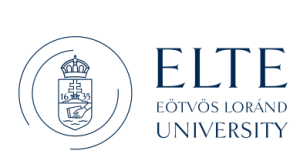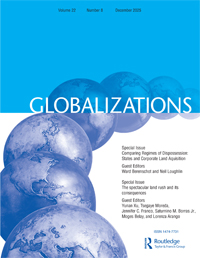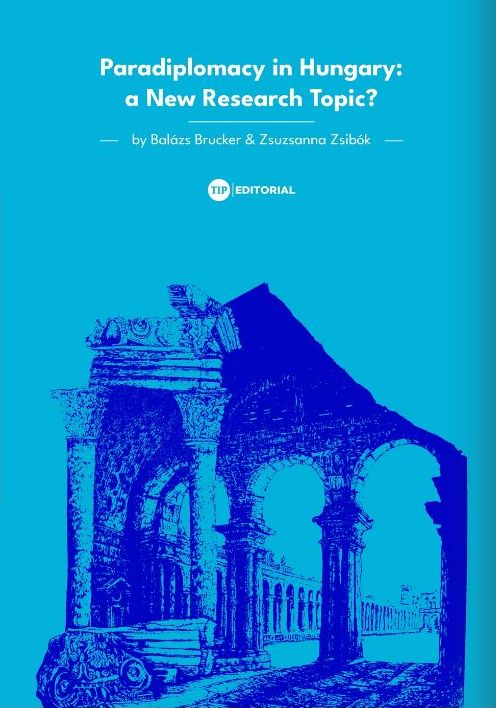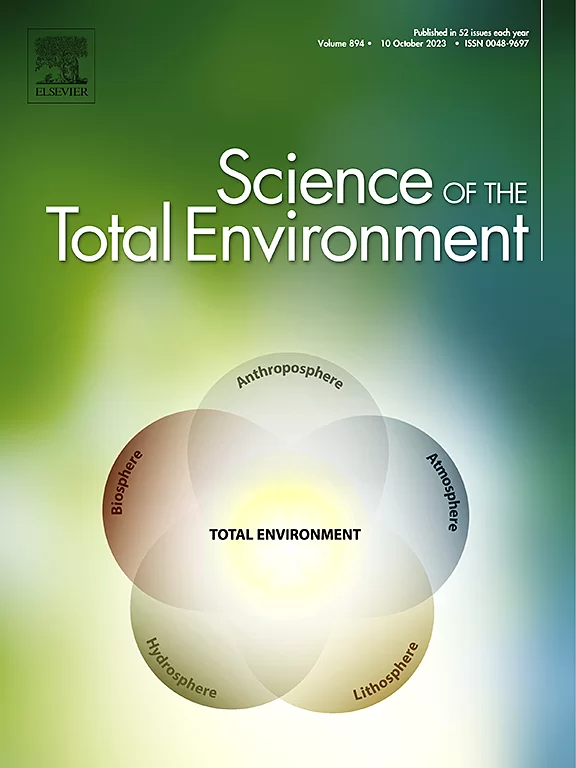The presentation will take place in a hybrid format via zoom interface or in person in the room K.0.11-12 on 04.03.2025, from 13.00.
Speaker: Ata Atay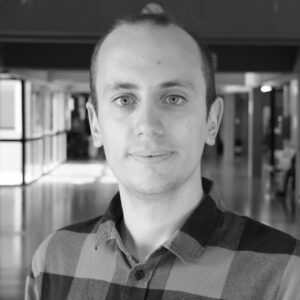
Title: Limited farsightedness in priority-based matching
Joint work with Ana Mauleon and Vincent Vannetelbosch (Core, UCLouvain)
Abstract:
We consider priority-based matching problems with limited farsightedness. We show that, once agents are sufficiently farsighted, the matching obtained from the Top Trading Cycles (TTC) algorithm becomes stable: a singleton set consisting of the TTC matching is a horizon-k vNM stable set if the degree of farsightedness is greater than three times the number of agents in the largest cycle of the TTC. On the contrary, the matching obtained from the Deferred Acceptance (DA) algorithm may not belong to any horizon-k vNM stable set for k large enough.
Updated version can be found here: https://ataatay.github.io/webpage/AMV_WP_2024.pdf
BIO:
Ata Atay is an Assistant Professor at the Department of Mathematical Economics, Finance, and Actuarial Sciences at the University of Barcelona. His main research interests are game theory, matching theory, market design, and operations research. Before joining University of Barcelona, he was a postdoctoral fellow at CEREC & CORE of UCLouvain, Belgium. He had a postdoctoral spell at the Institute of Economics, Hungarian Academy of Sciences from 2017 to 2019. During this period he was awarded a unipersonal project from the National Research, Development, and Innovation Office of Hungary.

